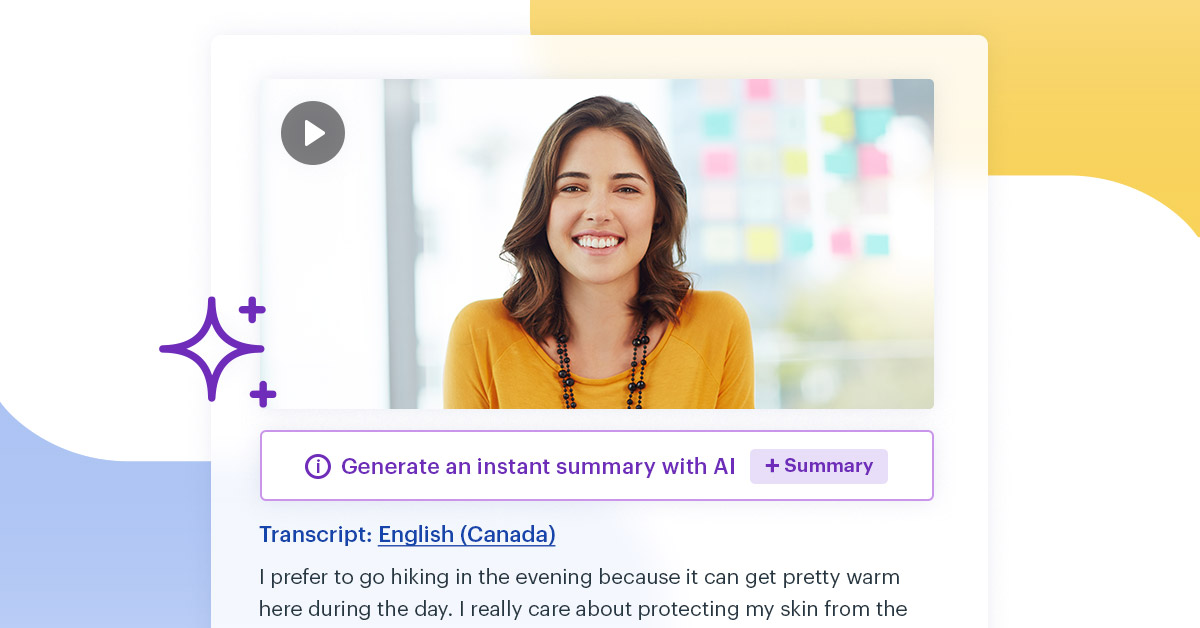Recollective presents participants with numerous opportunities to collaborate and connect as a community. Primarily, this collaboration takes place within either Discussion Topics or Activity Response Streams.
While participants are quick to collaborate within Discussions, the social features available for Activities are sometimes overlooked by both researchers and community participants.
This is likely because thread-based discussion forums have been around for decades now, but in the context of research, activity response streams are often a new concept for researchers and participants.
Inadvertently overlooking response streams is a shame. Doing so is a missed opportunity to socialize as much as possible and, in turn, generate more feedback, especially given the insightful, creative thought that participants tend to contribute within Activities. Drawing more attention to these responses will generate new ideas – ideas that would otherwise be untapped – and will encourage more and better responses.
Here are some easy ways to boost collaboration between participants:
1. Use Prompt Tasks at the start and end of an Activity
Open the activity by specifying whether an activity will or won’t be social and finish it with a reminder. If it will be social, set a loose goal for an ideal minimum number of comments and likes.
A recent study on a sensitive, personal topic gave participants the choice via a prompt task to complete either a social or a private version of each activity. Arguably due to people’s social and curious nature, about 80% of the time, participants opted to complete the social version. For each activity, the average participant posted 4 comments each time they visited the Response Stream.
2. When designing your study, opt for more Activities with few Tasks in each
It’s tempting to group Tasks into an Activity for each day of a study, but doing so often reduces the opportunity that participants have to interact with one another.
Instead, breaking what would be a single day’s activity into, for example, 3 separate Activities will mean that participants move to the Response Stream two more times than they would have otherwise.
Plus, Recollective has automatic Activity Guidance so participants will always be nudged to get started on the next available activity, ensuring nothing will be missed. That is, you don’t need to cram everything into a single Activity just to ensure participants see it.
3. Send an email with a link to a specific Activity Stream
This is an easy option to forget about, but it’s a great way to have everyone regroup and centre thought around a previous idea, in light of what’s been discussed since.
And it’s just plain easy. Simply go to Messages, filter on active users (or the relevant segment) and paste a link into the stream along with some instructions and context. Same as with a prompt, it’s a good idea to set a loose goal for an ideal minimum number of comments and likes.
Recollective Pro Tip: Any filter applied within a Summary Stream will be reflected in the URL. This means that you can get as specific as you’d like when using a URL to help someone else with navigating the platform. You could send participants to an overall Summary Stream, to a specific response or to a chart.
4. Build an Activity around a chart from a previous Activity
Export the image of a chart from an earlier Activity and post it within an upcoming Activity (or discussion post or email). This shows participants that their voice is being heard and documented and doing so also increases their stake in the research. Further, posting a clear depiction of how ideas might vary can really shake things up and revive interest.
5. Level-up using Recollective’s built-in gamification
Increase the stake and make it impossible to earn the full incentive without also socializing.
For example, in a study with 5 Activities you might offer 10 points per Activity completion where 75 points are required to earn the full payout. Then offer 1 point per social action (commenting, liking, creating a discussion topic, etc.). It only takes a few extra minutes to design the system and it’ll boost collaboration considerably.
If taking this approach, I’d recommend that you mention these requirements while screening and selecting participants, just to make sure everyone’s keen on a less linear approach.











.jpg)






.svg)
